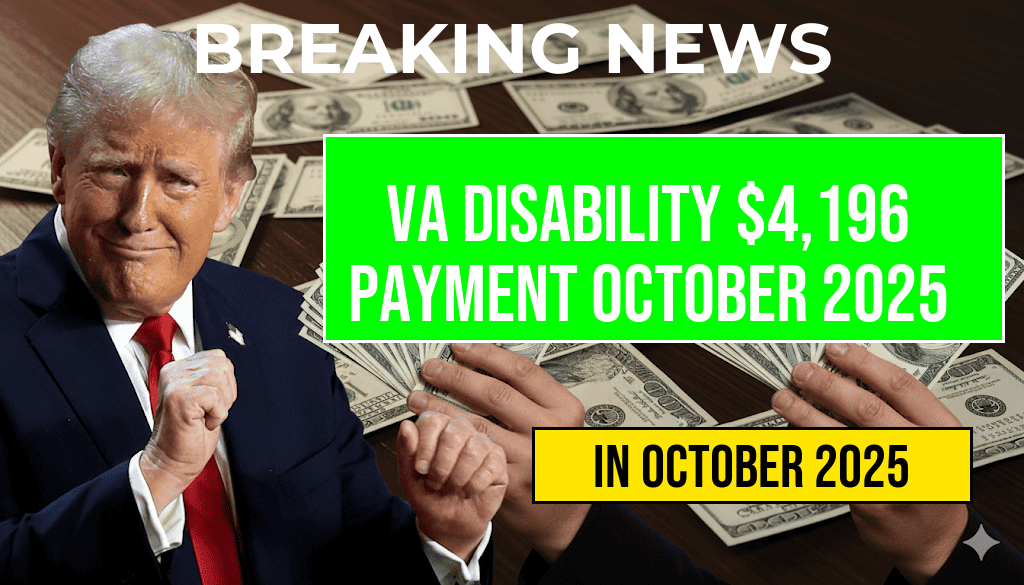Former President Donald Trump has recently voiced support for allowing high-risk cryptocurrency investments within 401(k) retirement plans, a proposal that has sparked both interest and concern among financial advisors, regulators, and investors. Trump’s advocacy centers on broadening the investment options available to Americans saving for retirement, arguing that exposure to innovative assets like Bitcoin and other digital currencies could potentially boost long-term returns. However, critics warn that such moves could introduce significant volatility and risks into retirement portfolios typically designed for stability. As the debate unfolds, policymakers face questions about balancing innovation with investor protection amid a rapidly evolving financial landscape.
Background of the Proposal
The idea to permit cryptocurrency investments in 401(k) plans is not new, but it has gained renewed attention following Trump’s recent remarks. Currently, most employer-sponsored retirement plans restrict investment options to traditional assets such as stocks, bonds, and mutual funds. The proposition aims to give participants the flexibility to allocate a portion of their retirement savings into alternative assets, including cryptocurrencies, which have experienced exponential growth and increased mainstream acceptance over the past decade.
Trump’s Position and Rationale
During a recent interview, Trump emphasized the potential benefits of diversifying retirement portfolios with digital assets. He stated, “Allowing Americans to include cryptocurrencies in their 401(k) plans could open up new avenues for wealth creation and empower individuals to take control of their financial futures.” Advocates argue that digital currencies are becoming increasingly resilient and are no longer just speculative assets but legitimate stores of value, citing their growing institutional adoption and recognition by regulators.
Regulatory and Industry Reactions
Regulators’ Caution
Regulatory agencies, including the U.S. Securities and Exchange Commission (SEC)) and the Financial Industry Regulatory Authority (FINRA), have historically maintained a cautious stance toward cryptocurrencies, primarily due to concerns about fraud, market manipulation, and investor protection. A recent statement from the SEC reiterated that digital assets are highly volatile and may not be suitable for all investors, especially those nearing retirement age who cannot afford significant losses.
Industry Perspectives
Financial firms and retirement plan administrators have shown mixed reactions. Some see potential in expanding investment options to include cryptocurrencies, arguing it reflects evolving market trends and investor demand. Others warn that the complexity and unpredictability of digital assets could lead to increased fiduciary risks and legal liabilities if not properly managed. The Nasdaq reports that financial institutions are carefully evaluating the infrastructure needed to safely offer such investments.
Potential Impact on Retirement Savings
| Aspect | Traditional Assets | Cryptocurrency Assets |
|---|---|---|
| Volatility | Moderate, historically stable over long term | High, with frequent price swings |
| Liquidity | High, easily tradable during market hours | Variable, depending on exchange and asset |
| Regulatory Oversight | Strong, well-established | Emerging, evolving |
| Potential Returns | Steady, lower average growth | Potentially higher, but with significant risk |
Allowing high-risk assets like cryptocurrencies in retirement accounts could attract investors seeking outsized gains but also raises concerns about exposing vulnerable populations to excessive losses. Financial advisors warn that such investments should be approached cautiously, especially given the long-term horizon of 401(k) savings.
Legal and Policy Considerations
The Department of Labor (DOL), which oversees 401(k) plans, has historically been cautious about endorsing investments in speculative assets. Any policy shift would require substantial regulatory adjustments, including clear guidelines on asset valuation, custodial responsibilities, and safeguards against fraud. Critics argue that without proper regulation, incorporating cryptocurrencies could lead to increased litigation and investor losses, undermining the primary purpose of retirement plans: financial security in later years.
Looking Ahead
As discussions continue, the financial industry and policymakers are closely monitoring developments. Some suggest that a limited, diversified approach—allowing only a small percentage of a 401(k) portfolio to be allocated to digital currencies—might strike a balance between innovation and safety. Meanwhile, investor education remains a key component, ensuring participants understand the risks associated with high-volatility assets.
For more insights on cryptocurrency regulations and retirement planning, consult resources from Wikipedia and [Forbes](https://www.forbes.com/), which regularly cover evolving trends in digital asset investments.
Frequently Asked Questions
What is the main proposal regarding cryptocurrency investments in 401(k) retirement plans?
The proposal suggests allowing high-risk cryptocurrency investments to be included in 401(k) plans, providing investors with access to digital assets within their retirement savings.
Why does Trump support allowing high-risk cryptocurrency investments in 401(k)s?
Trump advocates for this change believing it could increase investment opportunities and potentially boost returns for retirement savers, while also fostering innovation in the financial sector.
What are the potential risks of including cryptocurrencies in 401(k) plans?
Including cryptocurrencies in 401(k)s carries significant risks, such as market volatility, lack of regulation, and potential fraud, which could impact the security and stability of retirement savings.
How might this proposed change impact retirement investors?
This change could offer diversification and higher return opportunities for investors, but also expose them to greater financial risks associated with cryptocurrency.
What steps are being considered before implementing cryptocurrency options in 401(k) plans?
Regulatory agencies and plan providers are reviewing guidelines and risk management strategies to ensure safety, transparency, and compliance before allowing cryptocurrency investments in 401(k)s.






